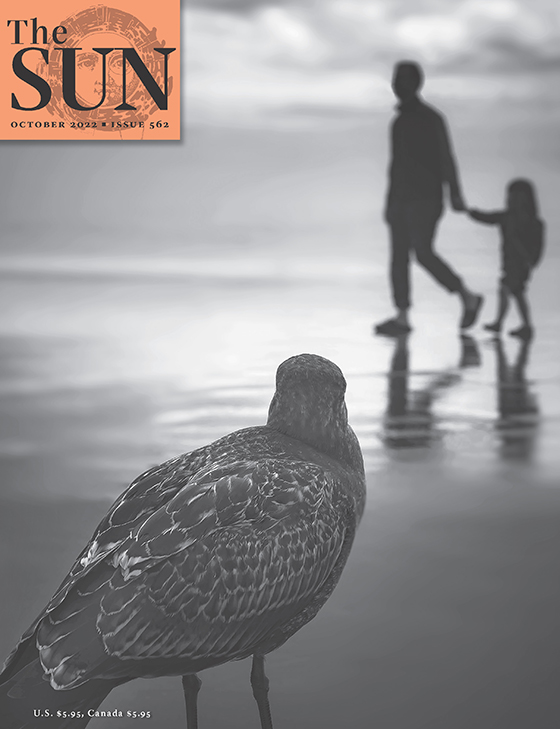My father and I were hiking up in the San Gabriel Mountains, where we’d been camping for the weekend with our Indian Guides troop. We’d skipped some stones across a lake, nibbled stale sandwiches, climbed a few trees, sung old songs around a campfire. We all wore decorated leather vests and yellow headbands with fake feathers in them. We all pretended to know something about the land. As we began our descent toward camp, my father halted me by tapping my shoulder and pointing out toward the valley. For the first time I noticed the thick brown inversion quilt that smothered the big, arid valley we lived in. “What is that?” I asked. “That’s what we breathe every day,” he said. The other fathers and sons stopped, too, and looked out at the goo that stretched all the way to the ocean. Few of us ever saw much of our dads at home, so we didn’t mind the phony costumes. For once our fathers didn’t smell of after-shave; they didn’t lift the lid to piss; they didn’t backhand us when we cussed. We were men together, or so we thought. We would have one more swell night of ghost stories in sleeping bags before we had to drive back down into the land of mothers and sisters, down there in that muck that passed for air. We looked out at it without ever wondering how it got there. Our fathers, of course, had helped put it there. And later we would help make it worse. We would continue to drive and smoke and work for companies that belched chemicals through smokestacks — just as our fathers had. But for this instant we gazed out at it in perfect ignorance.
Independent, Reader-Supported Publishing
Poetry
Smog Baby
What Do You Think?
Has something we published moved you? Fired you up? Did we miss the mark? We'd love to hear about it.
Send Us A Letter
Also In This Issue
November 1997
close




